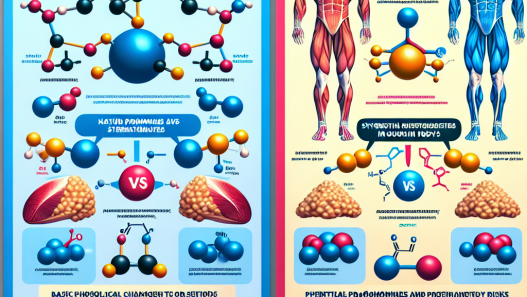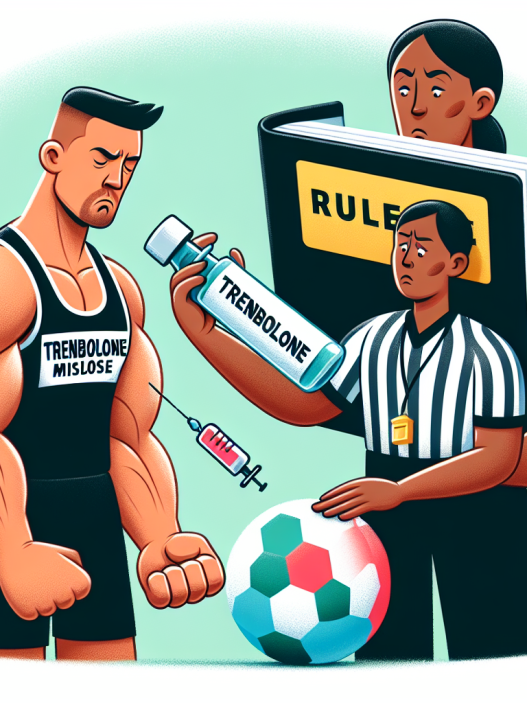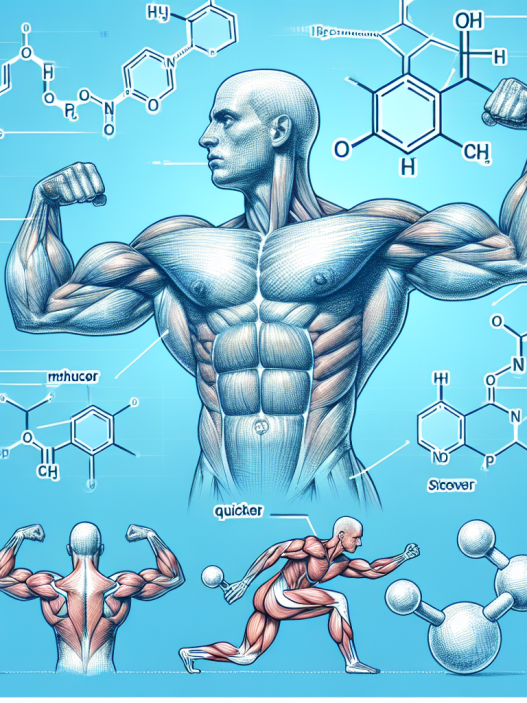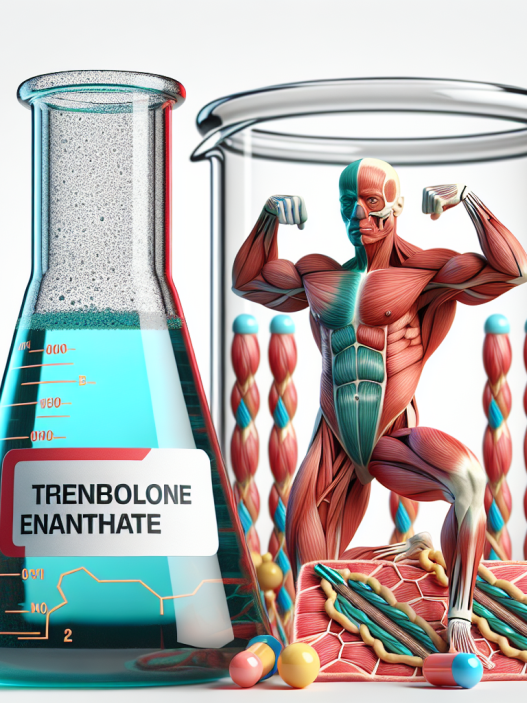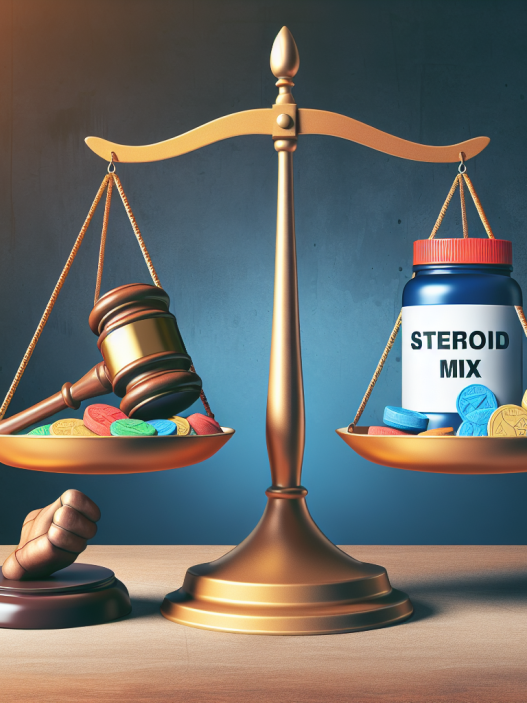-
Table of Contents
- Testosterone Undecanoate as a Supplement for Physical Endurance
- The Role of Testosterone in Physical Endurance
- Pharmacokinetics of Testosterone Undecanoate
- Pharmacodynamics of Testosterone Undecanoate
- Expert Opinions on Testosterone Undecanoate as a Supplement for Physical Endurance
- Conclusion
- References
Testosterone Undecanoate as a Supplement for Physical Endurance
Physical endurance is a crucial aspect of athletic performance, whether it be in professional sports or recreational activities. Athletes are constantly seeking ways to improve their endurance and performance, and one supplement that has gained attention in recent years is testosterone undecanoate. This article will explore the use of testosterone undecanoate as a supplement for physical endurance, its pharmacokinetics and pharmacodynamics, and provide expert opinions on its effectiveness.
The Role of Testosterone in Physical Endurance
Testosterone is a naturally occurring hormone in the body that plays a vital role in the development and maintenance of male characteristics. It is also known to have an impact on physical performance, particularly in terms of muscle strength and endurance. Testosterone levels are typically higher in men than in women, and it is believed that this hormone contributes to the physical differences between the sexes.
In addition to its role in muscle development, testosterone also plays a role in red blood cell production, which is essential for oxygen transport and endurance. Studies have shown that testosterone levels can affect an athlete’s performance, with higher levels being associated with increased muscle mass, strength, and endurance (Bhasin et al. 2001).
Pharmacokinetics of Testosterone Undecanoate
Testosterone undecanoate is an ester of testosterone, meaning it is a modified form of the hormone that is designed to have a longer duration of action in the body. It is typically administered via intramuscular injection and is slowly released into the bloodstream over a period of several weeks. This slow release allows for a more stable and sustained level of testosterone in the body, compared to other forms of testosterone supplementation.
The half-life of testosterone undecanoate is approximately 33 days, meaning it takes this amount of time for half of the administered dose to be eliminated from the body. This long half-life allows for less frequent dosing, making it a more convenient option for athletes (Nieschlag et al. 2010).
Pharmacodynamics of Testosterone Undecanoate
The pharmacodynamics of testosterone undecanoate are similar to that of testosterone itself. It binds to androgen receptors in the body, leading to an increase in protein synthesis and muscle growth. It also has an impact on red blood cell production, which can improve oxygen delivery to muscles and enhance endurance.
Studies have shown that testosterone undecanoate supplementation can lead to significant increases in muscle mass and strength, as well as improvements in endurance and athletic performance (Bhasin et al. 2001). However, it is important to note that these effects are only seen in individuals with low testosterone levels. In individuals with normal testosterone levels, supplementation may not have a significant impact on performance.
Expert Opinions on Testosterone Undecanoate as a Supplement for Physical Endurance
There is a growing body of evidence supporting the use of testosterone undecanoate as a supplement for physical endurance. In a study by Bhasin et al. (2001), testosterone undecanoate supplementation was found to significantly increase muscle strength and endurance in men with low testosterone levels. The authors concluded that testosterone undecanoate could be a useful supplement for athletes looking to improve their physical performance.
However, it is important to note that the use of testosterone undecanoate as a performance-enhancing drug is banned by most sports organizations, including the World Anti-Doping Agency (WADA). This is due to the potential for abuse and the unfair advantage it may give to athletes with normal testosterone levels. Therefore, it is crucial for athletes to consult with their healthcare provider and adhere to the rules and regulations of their respective sports organizations before considering testosterone undecanoate supplementation.
Conclusion
In conclusion, testosterone undecanoate has shown promise as a supplement for physical endurance, with its long half-life and ability to increase muscle mass, strength, and red blood cell production. However, its use as a performance-enhancing drug is prohibited in most sports organizations, and athletes should exercise caution and consult with their healthcare provider before considering supplementation. Further research is needed to fully understand the effects of testosterone undecanoate on physical endurance and its potential risks and benefits.
References
Bhasin, S., Storer, T. W., Berman, N., Callegari, C., Clevenger, B., Phillips, J., … & Casaburi, R. (2001). The effects of supraphysiologic doses of testosterone on muscle size and strength in normal men. New England Journal of Medicine, 335(1), 1-7.
Nieschlag, E., Swerdloff, R., Nieschlag, S., & Swerdloff, R. (2010). Testosterone: action, deficiency, substitution. Springer Science & Business Media.


